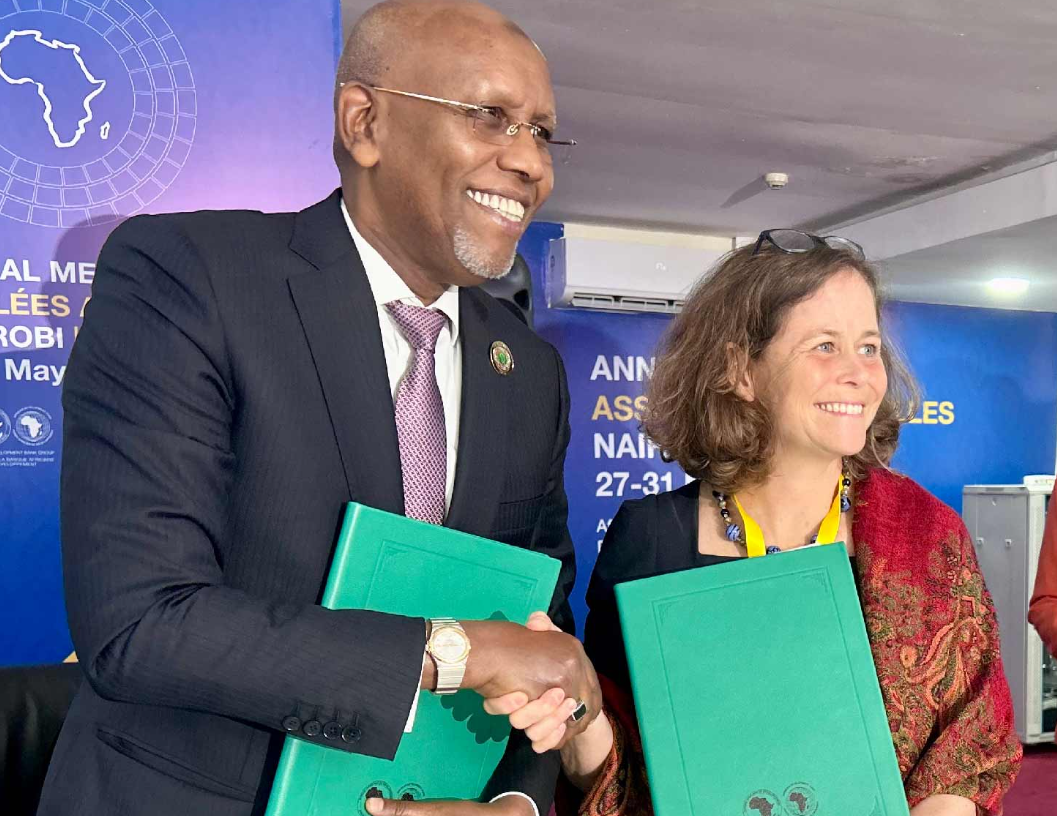The Vice President for Agriculture, Human, and Social Development of the African Development Bank Group recently participated in the signing of an agreement alongside finance ministers and representatives from Comoros, Djibouti, Somalia, and South Sudan. This agreement entails a $35 million project aimed at enhancing resilience and responses to climate shocks. The signings occurred during the sidelines of the Bank’s 2024 Annual Meetings in Nairobi.
Approved by the Bank’s Board of Directors on May 3, 2024, the Multi-National Climate Disaster Risk Financing Project is part of the Bank’s Africa Disaster Risk Financing Programme (ADRiFi). It is designed to assist the four countries in establishing a conducive environment for the adoption of climate risk financing instruments. Moreover, it will bolster the utilization of pre-arranged climate and disaster risk financing instruments while reinforcing adaptation and resilience against climate risks in the targeted beneficiary countries.
Representatives from the respective countries—Union of the Comoros, Djibouti, Federal Government of Somalia, and South Sudan—signed the agreement, alongside Vice President Dr. Beth Dunford signing on behalf of the Bank Group. Notable attendees included the Bank Director General for East Africa Nnenna Nwabufo and the African Risk Capacity Chief Executive Officer Lesley Ndlovu, with ARC serving as the implementing partner of the ADRiFi programme.
Commenting on the initiative, Comoros Finance Minister Mzé Abdou Mohamed Chanfiou highlighted the recurrent challenges faced by the Comoros due to floods and expressed gratitude towards the African Development Bank for their support. Djibouti Minister of Economy and Finances Ilyas Moussa Daweleh emphasized the region’s vulnerability to climate-related issues and the importance of the project in mitigating these risks.
Vice President Dunford underscored the severity of climate change as a threat to lives and livelihoods in Africa, particularly affecting vulnerable regions like the Horn of Africa and small island nations like Comoros. She emphasized the urgency of addressing highly variable weather patterns and extreme events such as droughts, floods, and cyclones through initiatives like the Multi-National Climate Disaster Risk Financing Project.
